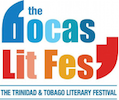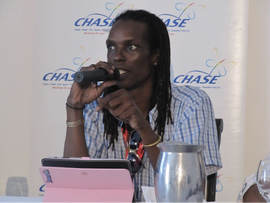
eBooksCaribbean is a social commerce platform for Caribbean publishers and authors. The company offers publishers and authors a turnkey service for digitizing and selling ebooks in multiple formats through eight of the web’s largest ebook distributors. The company also creates online stores for authors and publishers who wish to sell ebooks through their own sites.
The downloadable ebook card is an extension of the social commerce platform, allowing authors and publishers to sell their digital publications in brick and mortar retail points of presence. The cards can also be used in off-line marketing campaigns. Similar in size and format to pre-paid phone cards, the download cards carry the cover art of the book on the front, while the back has a PIN code that the reader uses to redeem and download the book from the author’s or publisher’s website or from the eBooksCaribbean site.
“The download card is a tangible representation of a digital product,” says eBooksCaribbean co-founder, Lloyd Laing. “It allows the publisher to have a physical product for customers to touch and feel. They can distribute the cards at book festivals and major events and it gives them a product to sell in real world bookstores. One of the challenges for authors with ebooks is getting attention for their books in the offline world. The card gives them a solution.
“It also gives traditional bookstores a way to participate in digital sales. For everybody in the industry it’s win win.”
The cards come in different grades of paper and plastic, to facilitate publishers who want to promote their cards as collectibles.

“We want to make this book available as widely as possible,” says Latoya West Blackwood, Senior Assistant Manager at Pelican. “But identity theft and credit card fraud are issues that Caribbean publishers trying to sell online have to deal with. The download cards allow us to reach the segment of the market that’s afraid to use credit cards online as well as people who don’t have credit cards but have access to online books.”
For more information on the download cards, visit ebookscaribbean.com.

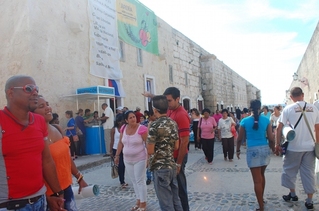
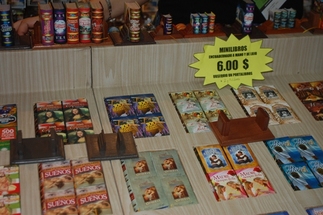
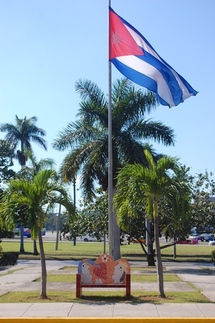
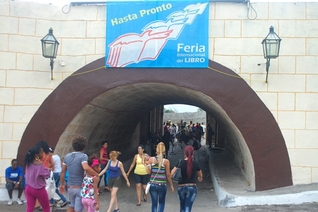

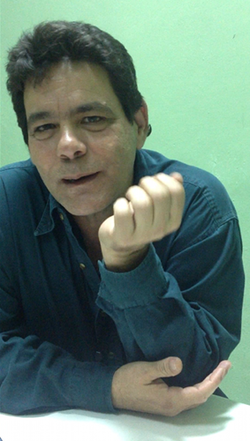
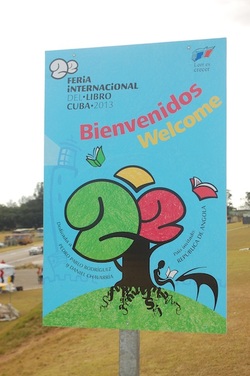
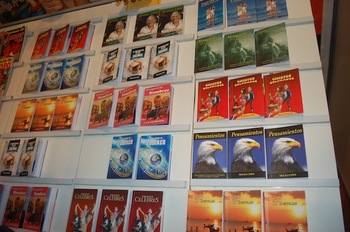
 RSS Feed
RSS Feed

